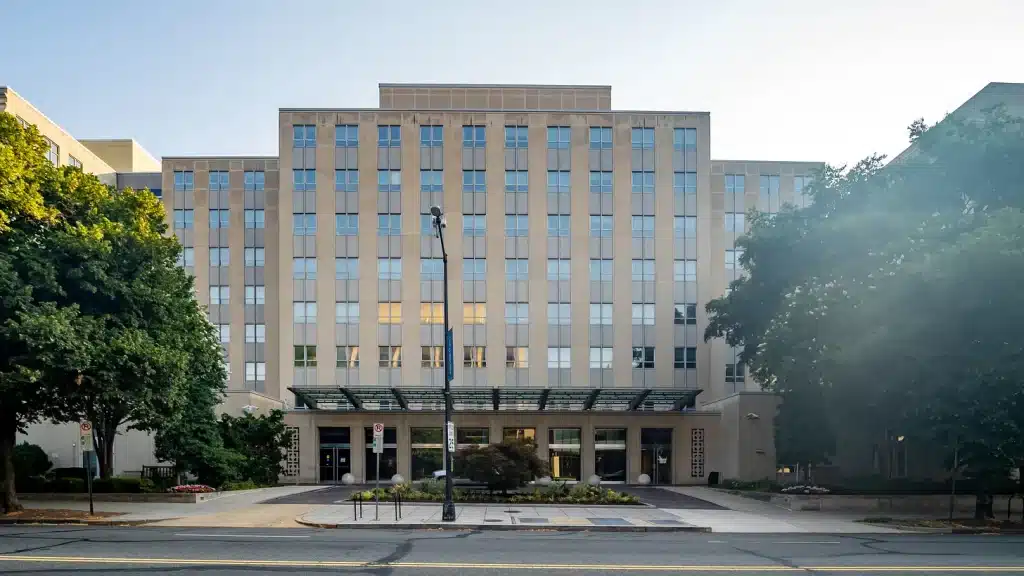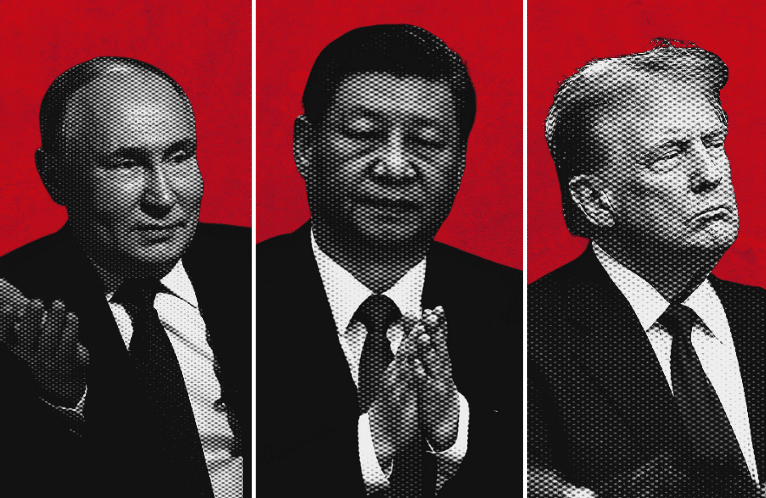Thailand Must Join TPP: Junta Chief
Thailand will eventually have to join the Trans-Pacific Partnership (TPP) trade agreement, its premier told an audience in Washington, D.C. Wednesday night.
Though Thailand is not one of the four Southeast Asian states currently part of the U.S.-led TPP – whose 12 members comprise around 40 percent of global GDP – Bangkok, along with Manila and Jakarta, have been expressing their desire to be part of the pact further down the line to join fellow ASEAN members Brunei, Malaysia, Singapore and Vietnam (See: “Does Thailand Really Want to Join The TPP?”).
In a speech at an event organized by the U.S.-ASEAN Business Council and the U.S. Chamber of Commerce on Wednesday, Prime Minister Prayut Chan-o-cha, who had assumed his position following a coup in May 2014, reiterated Thailand’s interest in the agreement and said that it would eventually become part of it.
“Regarding the TPP…right now Thailand is considering tak[ing] part in that agreement. Eventually, we will have to join the TPP,” he said in his hour-long address, which was delivered in Thai.
Prayut’s commitment about Thailand’s TPP membership is not new – the former government led by Yingluck Shinawatra which Prayut overthrew had also expressed its unequivocal intention to enter the TPP back in 2012. But it does indicate the gradually warming attitude of Southeast Asia’s second largest economy towards the pact under the present government even though it is still unclear if it can overcome the domestic challenges to actually doing so.
Prayut was candid about this and admitted that the country would likely encounter some difficulties with respect to certain sectors. He appealed to U.S. businesses and other relevant actors to help Thailand overcome these problems, which would be in areas such as pharmaceutical and medical products.
“[There are] problems that occur when we join the TPP,” Prayut said.
“Once we join the TPP, I would like to ask you to take care of Thailand,” he said. “Please support Thailand.”
As I indicated in a previous piece, some experts have stressed that Thailand would still benefit immensely in an overall sense in spite of these sector-specific challenges. One 2012 study by the East-West Center and the Peterson Institute for International Economics estimated that Thailand would have the second-largest percentage gains among potential members with a TPP agreement, with incomes rising by 7.6 percent – second only to Vietnam.
Beyond these statistics, Thai policymakers – including its economic czar Somkid Jatusripitak, a former finance minister – do seem to recognize the cost of Thailand being left out of an agreement that other regional economies either already are or eventually will be part of (See: “Exclusive: Managing the Strained US-Thailand Alliance”).
Prayut also stressed in his remarks that Thailand is currently undertaking key economic reforms – including better protecting intellectual property rights – that would help the country enter into high-standard trade and investment agreements such as the TPP.
Speaking briefly after Prayut, U.S.-ASEAN Business Council president Alexander Feldman urged Thailand to seriously consider joining the agreement.
“[I] can assure you that the U.S. business community supports Thailand entering TPP. And we would be remiss if we didn’t encourage you as the second largest economy of ASEAN to take the opportunity of TPP seriously,” Feldman said.
As I indicated in a previous piece, Prayut is in Washington, D.C. attending this year’s Nuclear Industry Summit (See: “US Urges Thailand to Restore Democracy, Respect Rights“).
By PRASHANTH PARAMESWARAN Mar. 31, 2016 on The Diplomat








